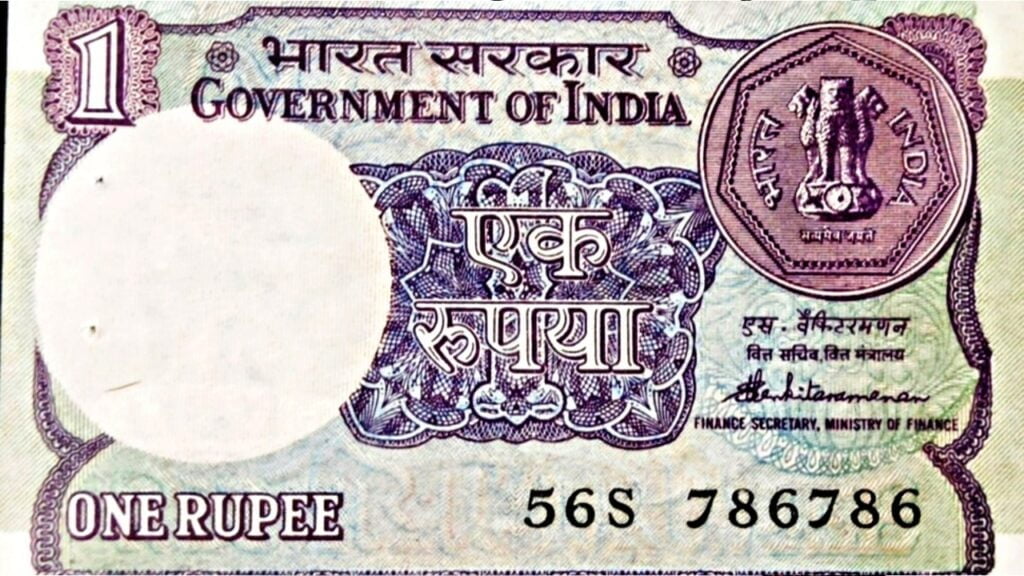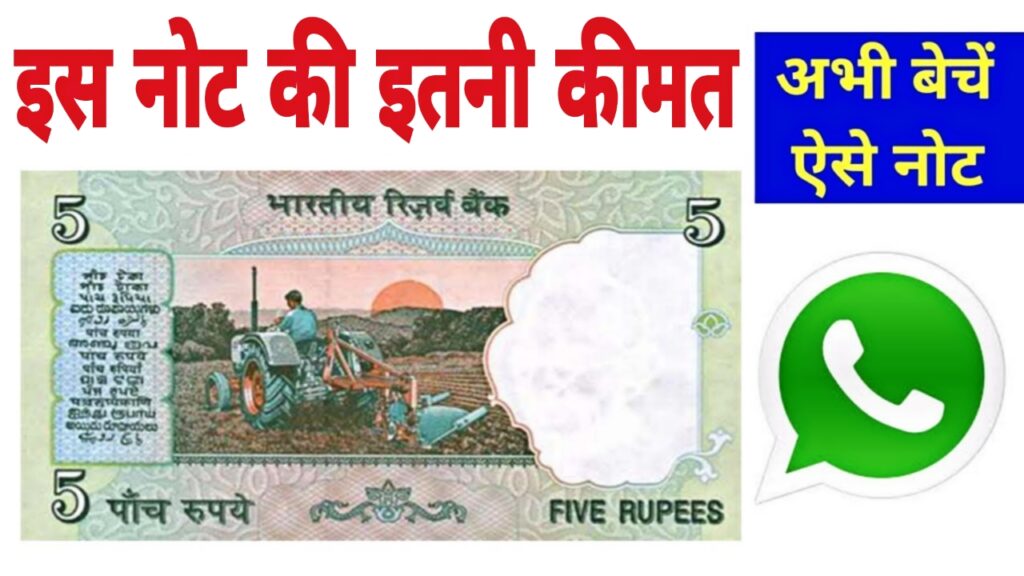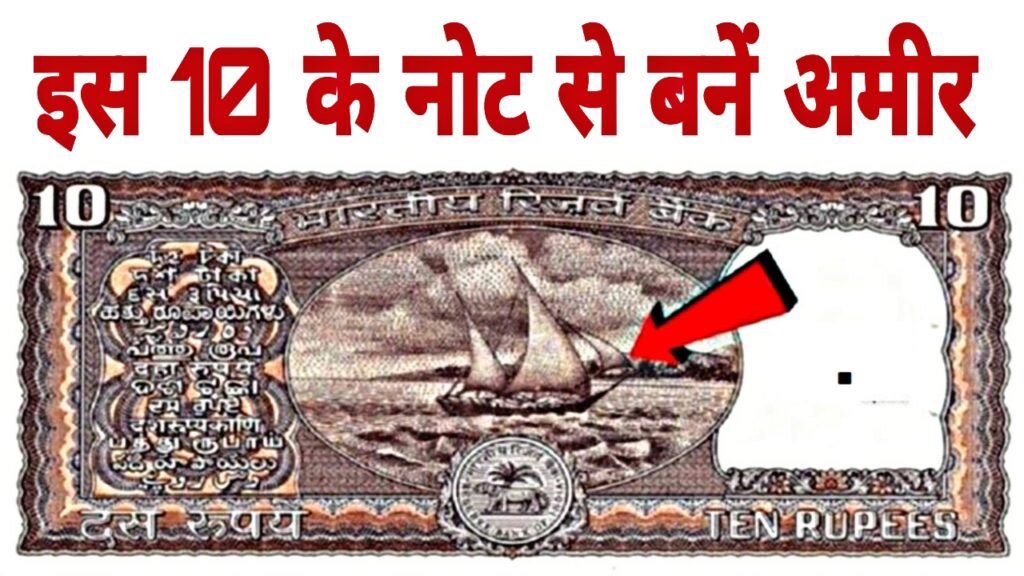OTT Platforms Banned: The Indian government has banned 25 platforms, including Ullu and ALTT, over repeated violations and vulgar content.
25 OTT platforms have been banned by the central government for providing pornographic and offensive movies for entertainment purposes. According to the Ministry of Information and Broadcasting, these platforms were disseminating vulgarity and breaking content regulations.
Internet service providers (ISPs) have received a notification to prohibit access to these apps and websites.
Big Shots, Desi Flicks, Boomex, Navras Lite, Gulab App, Kangan App, Bull App, Jalwa App, Vav Entertainment, Look Entertainment, HitPrime, Fenio, ShowX, Soul Talkies, Adda TV, HotX VIP, Hulchul App, MoodX, NeonX VIP, Fuggi, Mozflix, and Triflix are among the sites that have been blacklisted.

The decision to have OTT Platforms Banned was taken under provisions of the IT Act, as several streaming services were found guilty of publishing content that violated public decency norms. According to official sources, these platforms continued to air inappropriate material despite multiple notices.
This marks the second major wave of bans; in the previous year, 18 OTT platforms were banned for similar reasons. Authorities emphasized that while creative freedom is respected, there is a clear boundary when it comes to explicit or harmful material being made publicly available.
Among the banned platforms, Ullu, ALTT, and others were found to be repeat offenders. The Ministry of Information and Broadcasting stated that such actions aim to protect viewers and encourage responsible digital content.
The move has sparked conversations about content regulation, censorship, and the future of digital entertainment in India.
This is not the first instance of this kind of behaviour. 18 similar platforms, 19 websites, 10 mobile apps, and 57 social media accounts were banned by the government in March 2023 for the same reason. These platforms failed to take any action to remove their content in spite of numerous warnings.
How India regulates over-the-top content
Through the Information Technology (Intermediary Guidelines and Digital Media Ethics Code) Rules, 2021, the Indian government keeps an eye on over-the-top (OTT) content. OTT platforms must classify material, give age ratings, and enforce self-regulation in accordance with these regulations.

In 2013, TV content also shifted to OTT.
With the introduction of sites like DittoTV and Sony LIV in 2013, viewers could now watch series that were broadcast on Star, Sony, Viacom, and Zed. This change increased the popularity of OTT apps in India by allowing consumers to watch their favourite shows whenever it was most convenient for them.
OTT platforms saw a significant rise from IPL live broadcasting.
The first app to live stream Indian Premier League (IPL) games was nexGTv in 2013–14. IPL streaming helped Hotstar (now Disney+ Hotstar) become the most popular over-the-top (OTT) platform in the nation in 2015.
OTT apps are prohibited by four laws.
Section 67 of the IT Act of 2000 states that it is illegal to publish or disseminate pornographic material online.
Section 67A of the IT Act of 2000 states that it is unlawful to post movies or other content online that depicts sexual behaviour.
BNS 2023 (Section 294): It is illegal to engage in obscene behaviour or use foul language in public.
Section 4 of the Indecent Representation of Women (Prohibition) Act of 1986 states that it is illegal to depict women in an offensive or disparaging way in any media.
During the COVID-19 lockdown, ALTBalaji and Ullu’s viewership skyrocketed.
Apps such as ALTBalaji, MX Player, and Ullu saw a spike in viewership during the 2020 lockdown, especially for adult and pornographic content, as OTT platforms saw a significant increase in usage.
In July 2020, an adult comedy show on MX Player achieved the highest single-day streaming with 11 million views, according to a report by the news portal LetsOTT.
Additionally, according to the report, ALTBalaji’s viewership increased by 60% in May 2020 over the same month in 2019. That year, it saw a 21% growth in monthly active users. A considerable amount of adult content has been documented to be hosted on the network.





